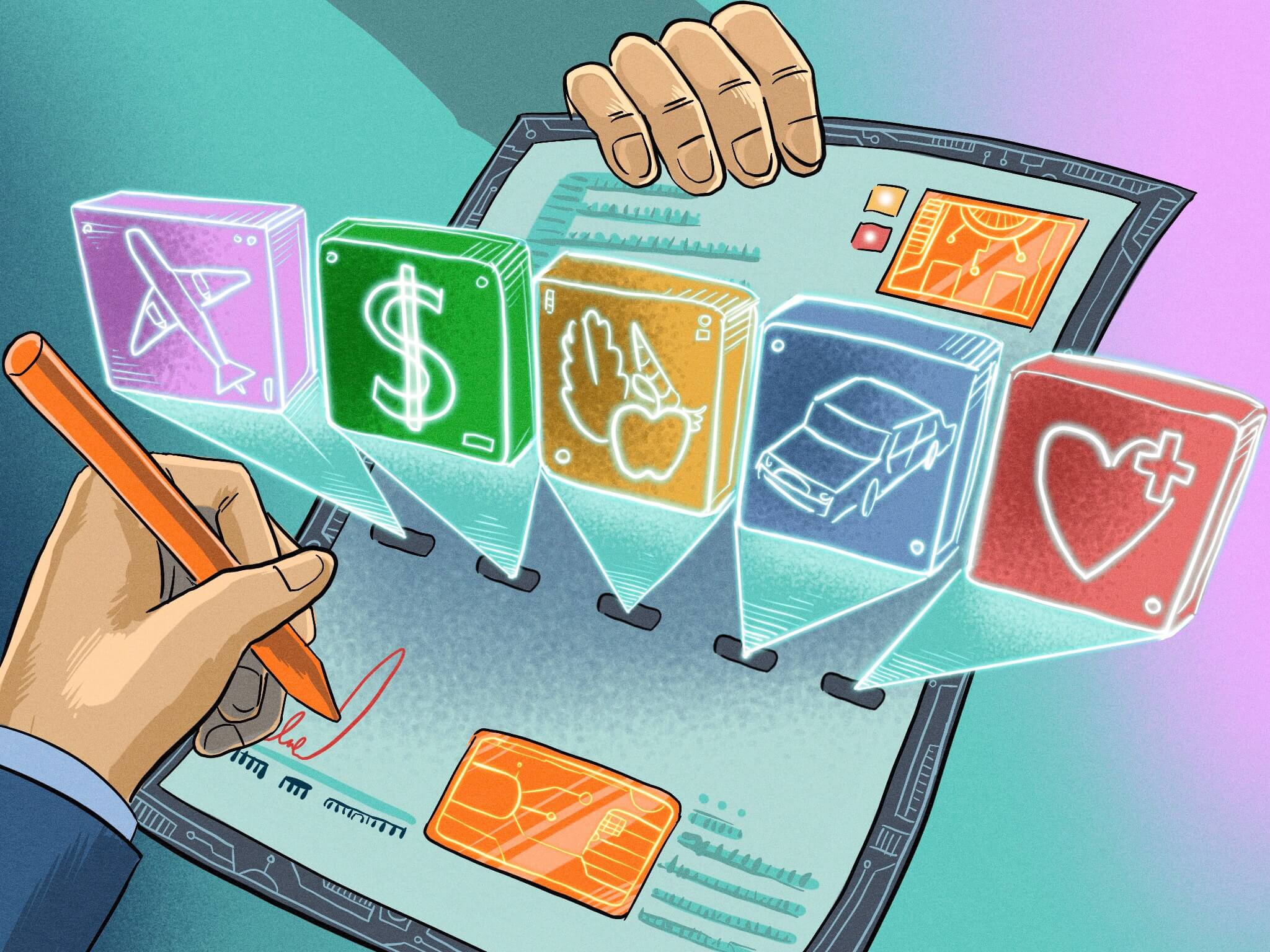Securing the future

Blockchain technology is undoubtedly one of the most innovative technologies of our times, as well as artificial intelligence. In fact, these technologies are an ideal complement for the future we are heading to, the automation of everything.
When we talk about the blockchain, we are not just talking about cryptocurrencies or non-fungible tokens; but about everything that encompasses this ecosystem, a record that is immutable and with total transparency, in which users can perform as many audits as they wish. There are two keywords here, immutable and transparent; this brings trust to the system, two fundamental characteristics in the insurance industry.
The use of new technologies aims to make the systems currently used more efficient, and insurance companies are taking their first steps into the future, driven by different reasons: fraud detection, possible natural disasters or even the different insurance offered, such as travel or health. The cost of fraud detected by the insurance industry is estimated to be around $80 billion a year, according to research by IBM (NYSE: IBM). The solutions to this start from the record that is made on the blockchain, which is immutable and decentralized, allows the detection process can be done more effectively, and if to the formula we add artificial intelligence that allows us to detect patterns, companies will be able to predict possible fraud in the future, being several steps ahead.
Working together is one of the most important parts when it comes to taking big projects forward, and so decided Allianz SE (BATS EU: ALV) that is working together with Citigroup Inc (NYSE: C) to implement blockchain in insurance against natural disasters and, for this they use smart contracts and oracles to automate most of the process. The oracle in charge of obtaining real-time weather data interacts with the smart contract that is connected to Citigroup’s network, and, if a drought or flood occurs, for example, that could affect crops, the affected party will receive an automatic payout via the Allianz SE (BATS EU: ALV) blockchain.
From a different perspective within insurance, flight insurance is also important for those frequent travellers. The German company Etherisc has launched flight insurance very similar to what the French AXA SA (BATS EU: CS) did this year at the time with its “Fizzy” program. In this case, the smart contracts are synchronized with the air traffic network through the Chainlink (LINK/USDT) oracle, which transmits flights in real-time to predict possible delays or cancellations, and if the flight is delayed by more than 45 minutes or is cancelled, payment will be automatically triggered for those travellers who have taken out the policy. This is not only a benefit for passengers, and because it is automatic, it cuts out all intermediaries.
Insurers are also starting to adopt automatic health insurance, and companies such as Metlife Inc (NYSE: MET) have started to implement blockchain solutions in Singapore. The company has begun offering financial protection to women struggling with gestational diabetes. Metlife’s blockchain will obtain electronic medical records in real-time and issue a policy within minutes. This solution will also issue an automatic payment at the time of diagnosis, avoiding red tape.
To fully secure the future, not only the insurance industry is using blockchain, the logistics industry is using blockchain as well. In a context such as the current one, securing the supply chain is the goal to be met in the coming years. Innovation leaders like Wal-Mart Stores Inc (NYSE: WMT) and IBM (NYSE: IBM) started implementing blockchain to make it more transparent and reliable. India exports 46% of its production of shrimps to the United States, and the implementation of blockchain generates great support for producers to comply with current regulations while increasing consumer confidence by being able to identify the origin and quality of the food they consume.
Blockchain technology is here to stay; that is a fact; the decentralization of all information and the transparency it brings generates a new level of trust in the way thousands of actions are performed in all industries; the adoption process will be increasingly faster as companies begin to see the great benefits of innovating in the automation and transparency of their processes.
